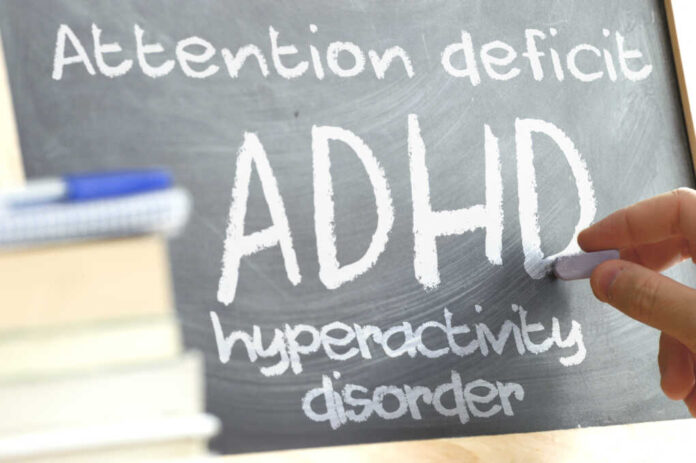
According to new research, taking medications for attention deficit hyperactivity disorder (ADHD) for a year or longer could increase the risk of cardiovascular diseases in adults and children. This article examines this claim and how to manage your blood pressure during ADHD treatment.
What Does The Research Say?
According to the Centers for Disease Control and Prevention, an estimated 1 in 10 U.S. children are diagnosed with ADHD, with a significant increase in adult cases in the past decade. Another study published in November 2019 discovered a 43 percent increase in the rate of adults being newly diagnosed in the previous decade.
For both school-aged children and adults, stimulant medications such as methylphenidate and amphetamines are the common first-line treatments for ADHD.
Could Stimulants Increase Cardiovascular Risk?
ADHD medications stimulate the sympathetic nervous system, which controls heart rate and breathing. This means ADHD treatment could potentially increase heart rate and blood pressure. Doctors believe this could raise concerns that consistent increases could result in cardiovascular issues and an elevated heart attack risk.
How Was The Study Conducted?
The study involved more than 275,000 participants between the ages of 6 and 64 who received either an ADHD diagnosis or ADHD medication between January 1, 2007 and December 31, 2020.
Researchers also used data from a comprehensive Swedish nationwide database. According to the study’s findings, people taking ADHD medications had an increased risk of high blood pressure and arterial disease, with the risk increasing over time. It also showed that each additional year of taking ADHD medication increased the heart disease risk by an average of 4 percent, with more substantial increases, around 8 percent, during the first three years of treatment.
However, there were no significant risks for other severe conditions such as heart failure, ischemic heart disease, arrhythmias, and cerebrovascular disease. This means the risk of taking a stimulant and having sudden death is extremely rare, especially if you don’t have preexisting risks for that.
Conclusion
ADHD individuals who use their medications as directed experience fewer unintentional physical injuries, substance use disorders, and improved academic functioning. To manage these medications, you can track their blood pressure using an arm cuff while recording their readings to track changes.
You should also consult your healthcare provider if you notice increased blood pressure. This lets them change your medication or prescribe one for managing high blood pressure.






















